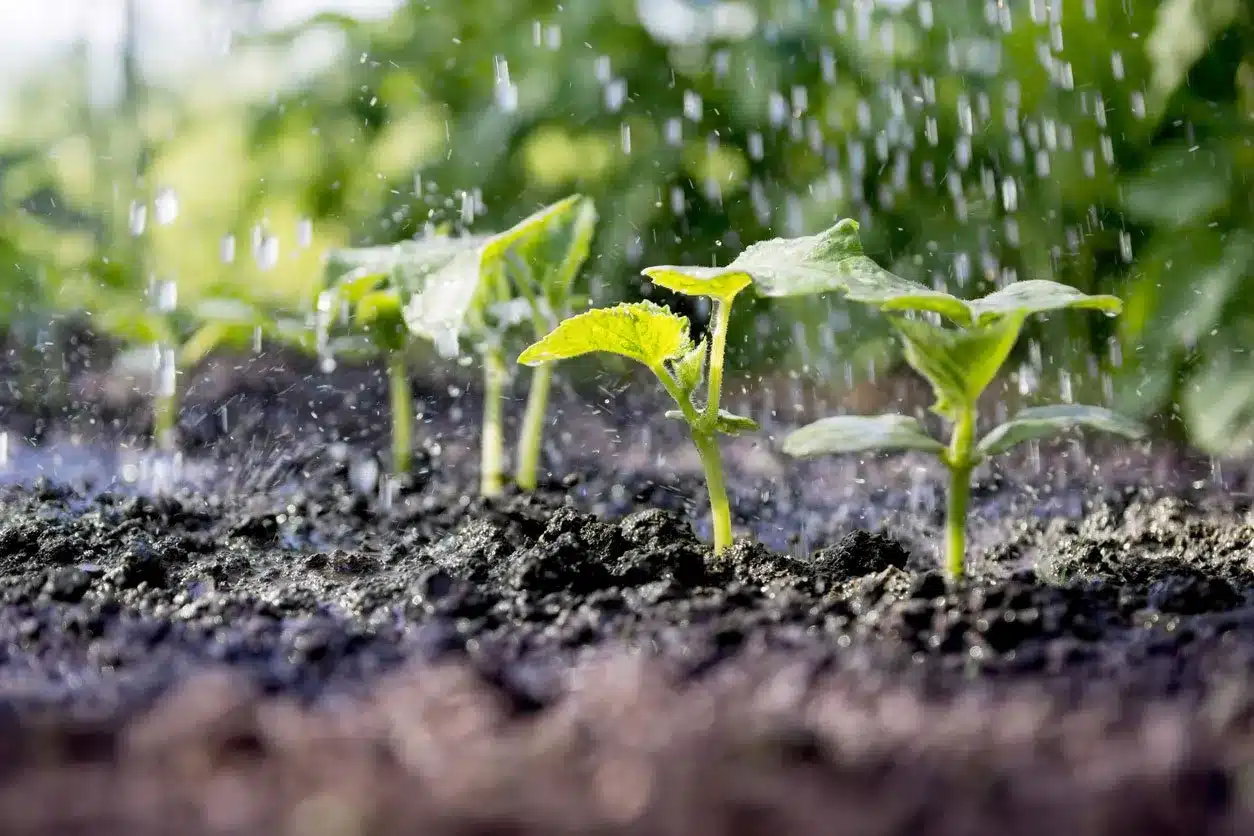
Why are the benefits in Growing Your Own produce?
Grow Your Own with PlantGrow Here at PlantGrow, we’re really pleased to be hearing from many new and existing customers that they’re keen to start
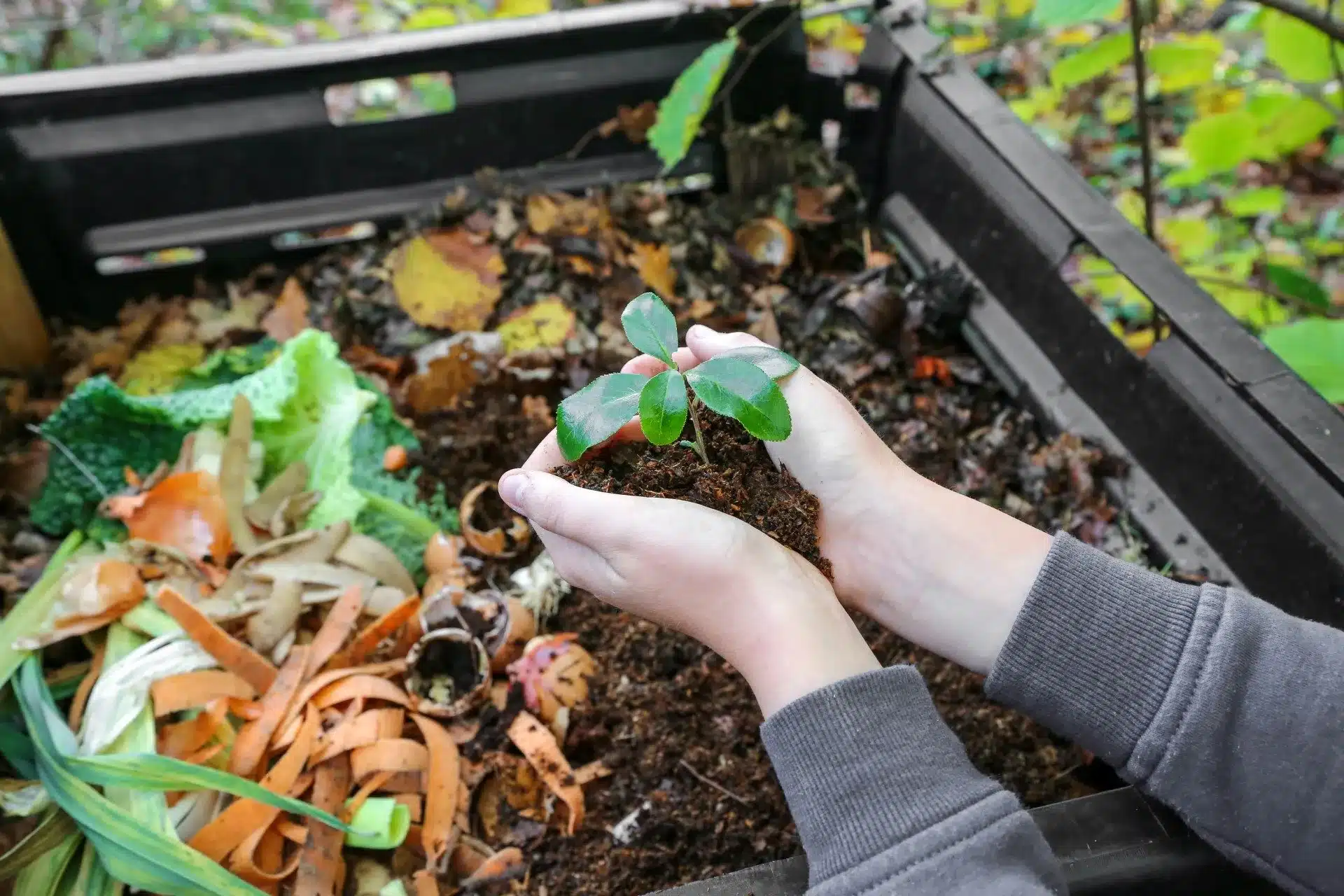
Have you decided that you want to start your own compost? If so, well done, you are doing a small favour to the environment. If you need a little more persuading about the virtues of composting, let us guide you through the benefits and then how easy it is to get started and leave it to do its work.
What is compost?
Composting is the breaking down of organic waste to create a stable substance that can be used to improve soil condition. The microorganisms that you find living in the soil will break down biodegradable waste quite naturally and turn it into valuable fertiliser. It is the way nature design for it to happen – and is the most effective way of recycling your organic waste.
So, if composting is natural decomposition, why do we have to do anything at all? Well, composting is the enhancement of decomposition using ingredients added by humans. To ensure composting happens effectively we optimise the microbial growth. PlantGrow is also made using a process involving natural decomposition, although on a much larger scale through a renewable energy process. The first in the UK to produce natural fertiliser through this process, using only organically grown cereal crops harvested from field.
There are a few types of composting to consider.
There is onsite composting, which is what homeowners do in their back gardens. The waste that they might have sent to landfill is used instead in small composting bins and then used in the garden. Vermicomposting involves adding red worms or field worms to composting bins and it is the waste matter created by the worms that creates the food for the soil.
These are but two methods – there is also aerated windrow composting, aerated static pile composting, Bokashi composting, and ericaceous composting. If you want to help the environment, you want to avoid peat-based compost. Peat is being taken from the environment much quicker than it can ever be replaced. Peat forms slowly and is a valuable carbon sink. Therefore, the more we take for our gardens, the less there is to reduce our carbon footprint.
Why we should be creating our own compost
This last point about peat-based compost is probably the most important reason to attempt to make your own. The more we can reduce our reliance on peat-based composts, the better for climate change and the environment in general. Also, we need to reduce the chemicals we put into the soil, so a natural fertiliser such as home made compost or the likes of PlantGrow will reduce our impact on the imbalance within our ecosystems.
We also reduce the waste that heads towards landfill.
We are creating rubbish faster than we can dispose of it and the landfills are almost full. Also, decomposing waste in landfill creates massive amounts of methane, which is another gas that is causing our climate to change. The less waste we can create, the better. Therefore, using our organic waste as a fertiliser for the garden is one way we can help. Reducing the need to wrap plastic around shop bought compost is another.
Composting also saves you money.
Sure, there is the small cost of buying the compost from the garden centre and transporting it to your garden. However, think bigger and you will see you save more than this. If you reduce the amount of waste that needs to be collected and processed from your home, you will be less of a burden on the local council. If the local council’s costs go down, then you get better services elsewhere and you might get a reduction in your council tax bill. Remember significant cost savings are only made by lots of small decisions – your small decision could be to compost your organic waste.
The final benefit is the most prized by passionate gardeners. The soil condition will improve, and the quality of the soil will increase the yield from your garden. First, the compost creates humus and retains moisture in the garden. Your plants and lawn will be much healthier. The produce from your grow your own section will also be rich in nutrients, helping you live a healthier lifestyle. The more you compost and use this in your garden, the better the nutrient cycling system you will have in place.
It’s not too hard
Ultimately, the benefits of composting outweigh the effort it takes to do it well. You need only buy your compost bin, find the right place for it, fill it with lots of organic matter – as well as your biodegradable waste – using the three-layer system. Then maintain this by turning it every so often, which is called aeration. If you don’t have the space, you can always invest in a worm bin instead.
Whatever method you choose or how seriously you take it, a small step towards a sustainable life is going to make a different to the environment.

Grow Your Own with PlantGrow Here at PlantGrow, we’re really pleased to be hearing from many new and existing customers that they’re keen to start
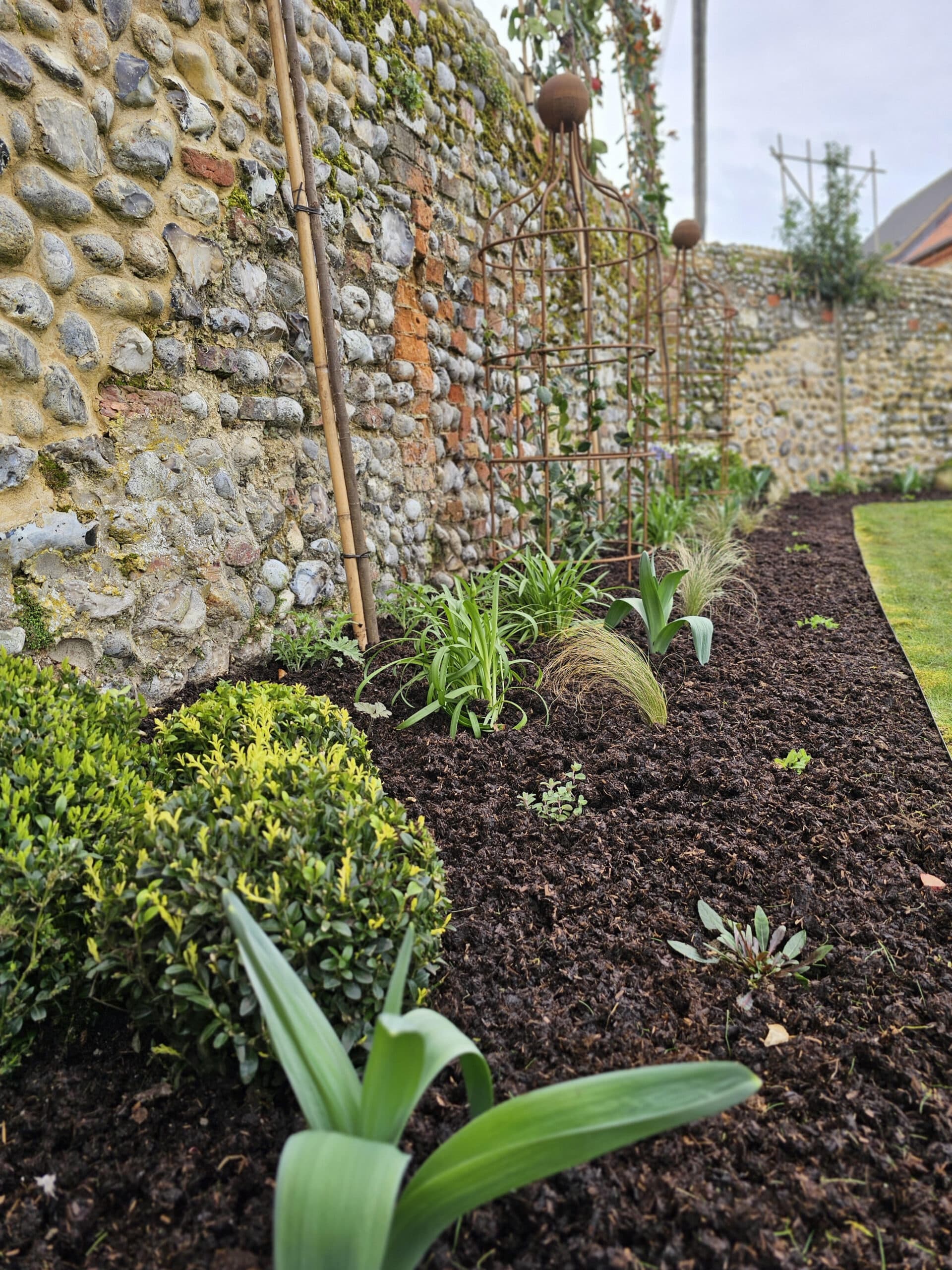
Mulching or topdressing is needed for a number of reasons as it is beneficial for your plants, the soil and the environment. Having organic material
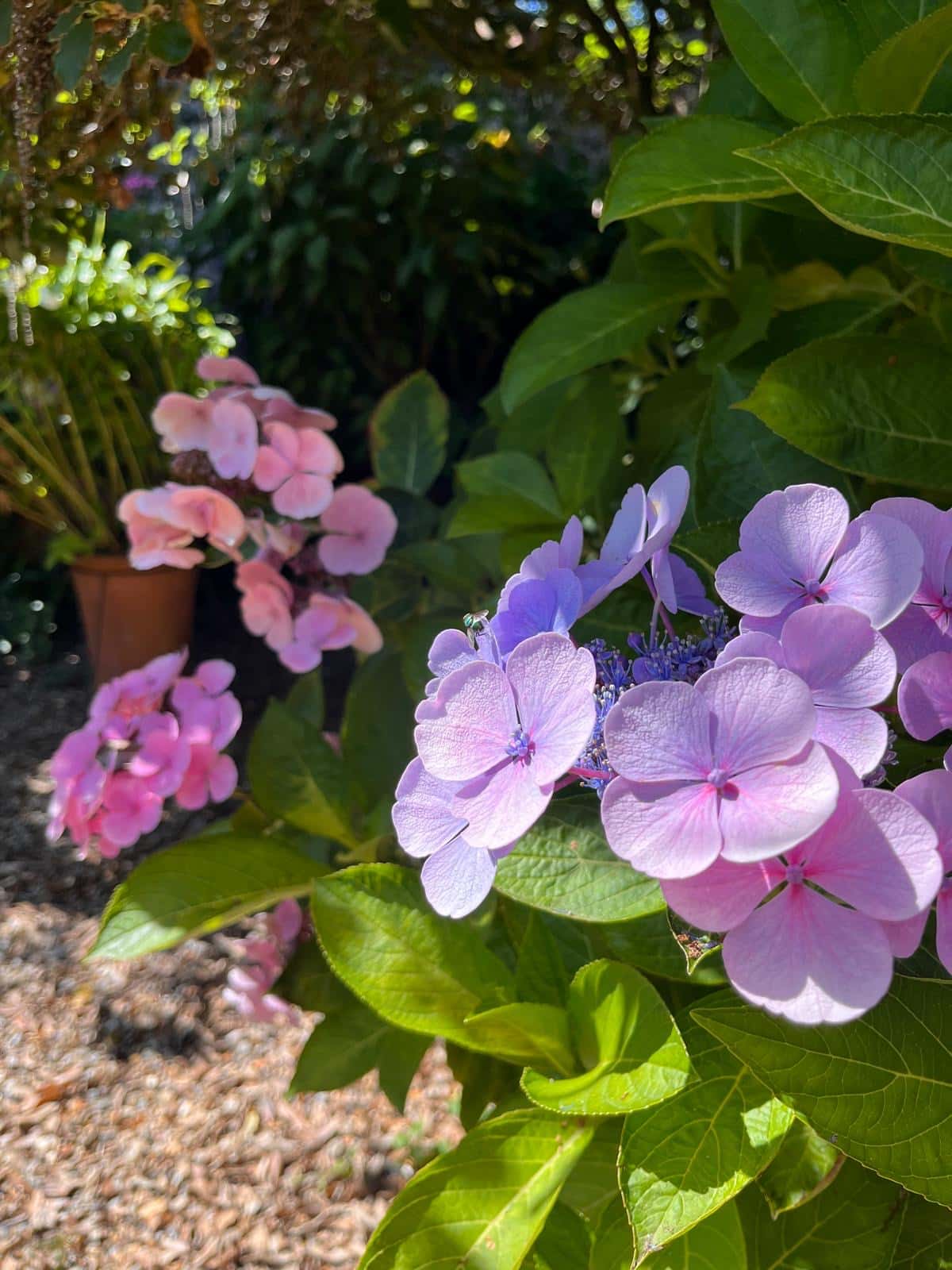
When Spring arrives, our home gardens begin to come alive again as the bleak months of winter end, temperatures rise and the hours of daylight
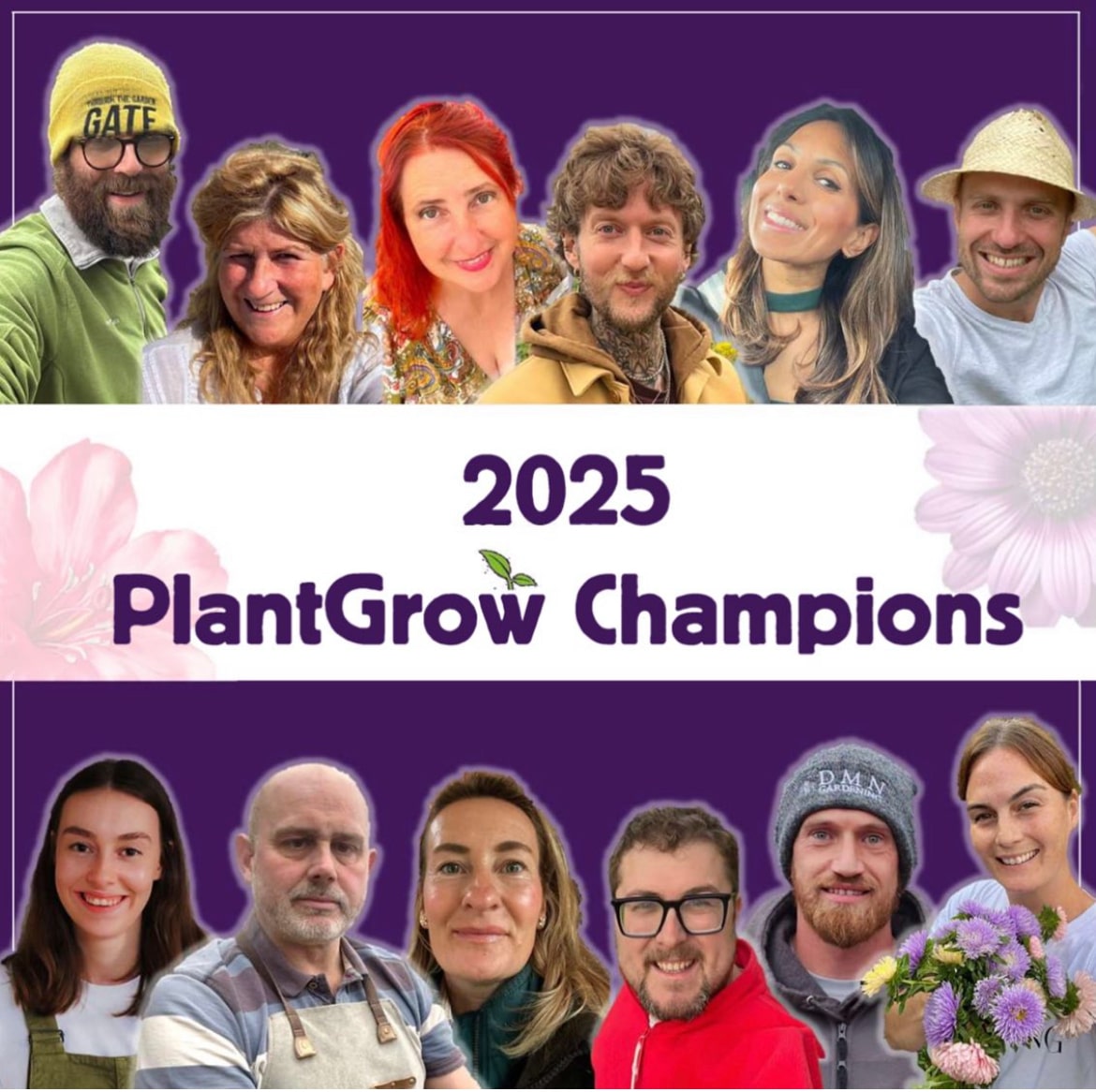
Our new Champions will be flying the flag for PlantGrow this year and all things natural. We have selected a varied group of individuals from
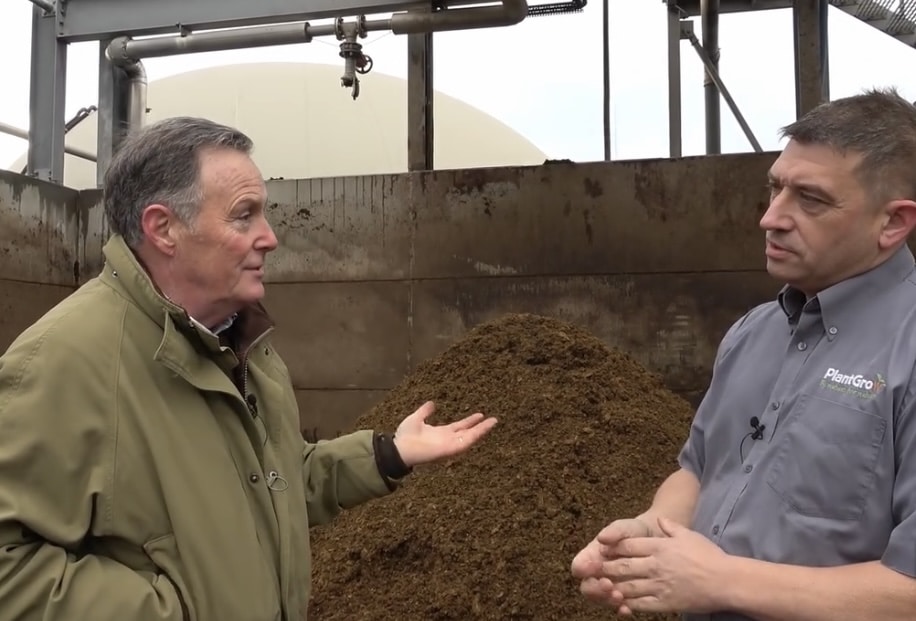
2025 is promising to be a busy year once again for us at PlantGrow with new brand ambassadors and a new list of ‘Champions’ who
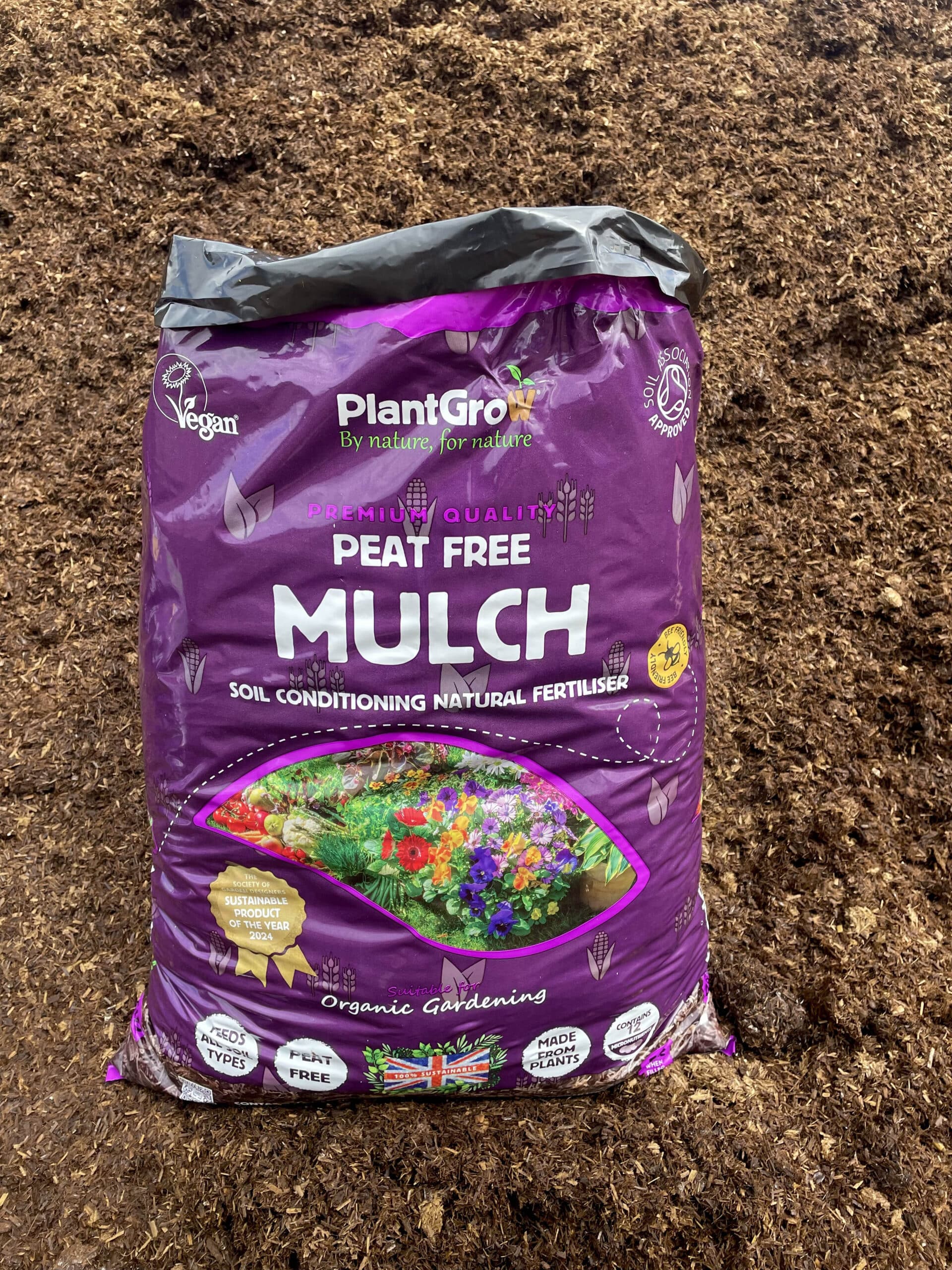
November 2024 Award-winning & market leading PlantGrow Organic Mulch will soon be available in 50-litre size bags for garden centres. Their signature natural fertiliser product
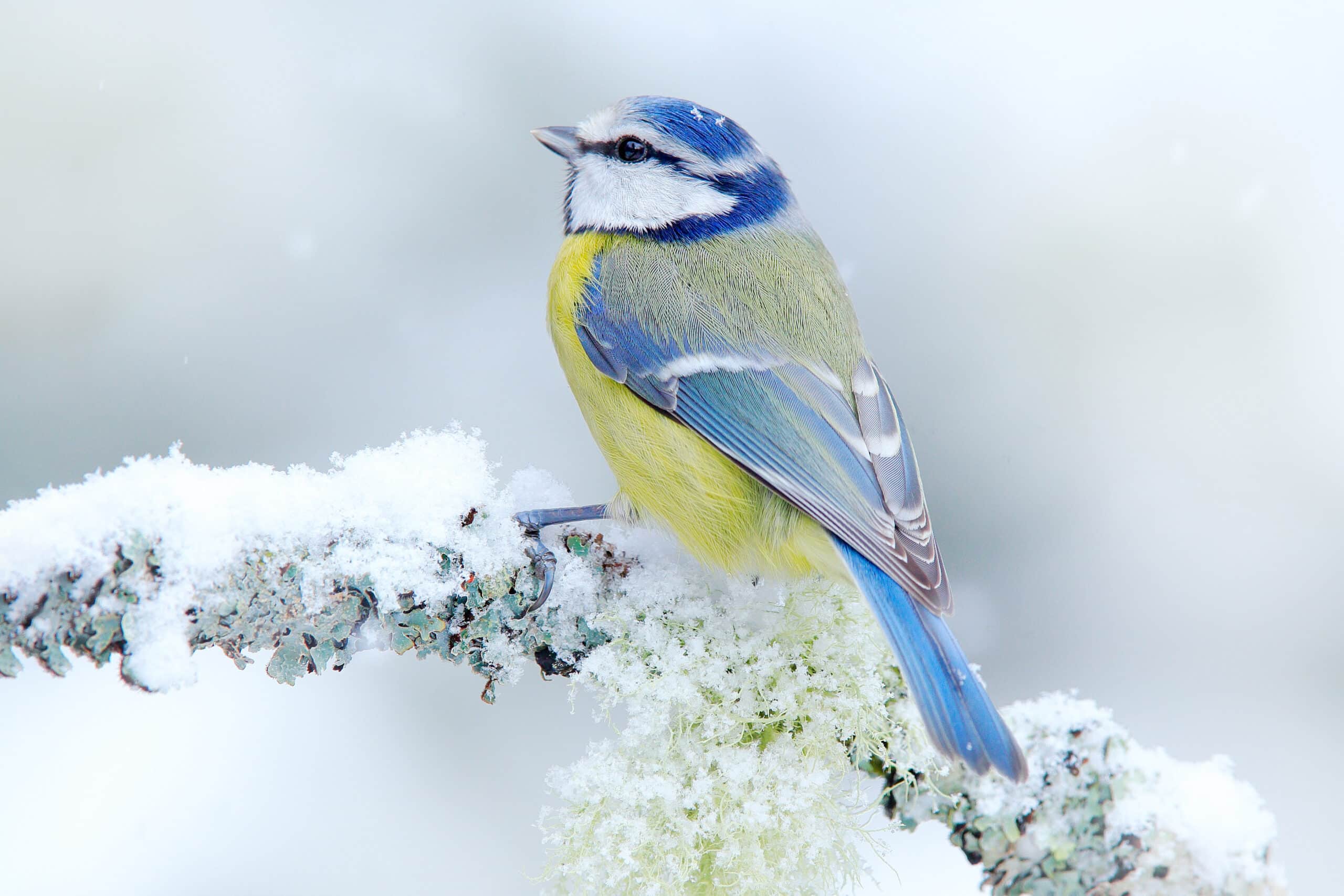
Late Autumn and the onset of Winter will trigger a notable change to the abundance, behaviour and physical state of life within our gardens. With
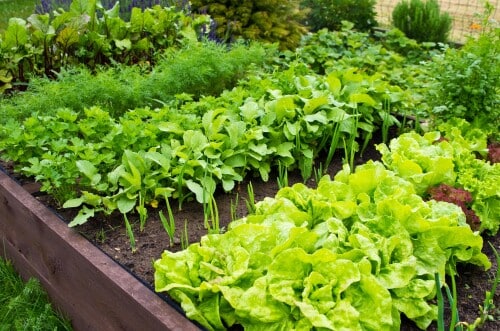
Why do you need to add PlantGrow mulch this Autumn? Mulching or topdressing is needed for a number of reasons as it is beneficial for
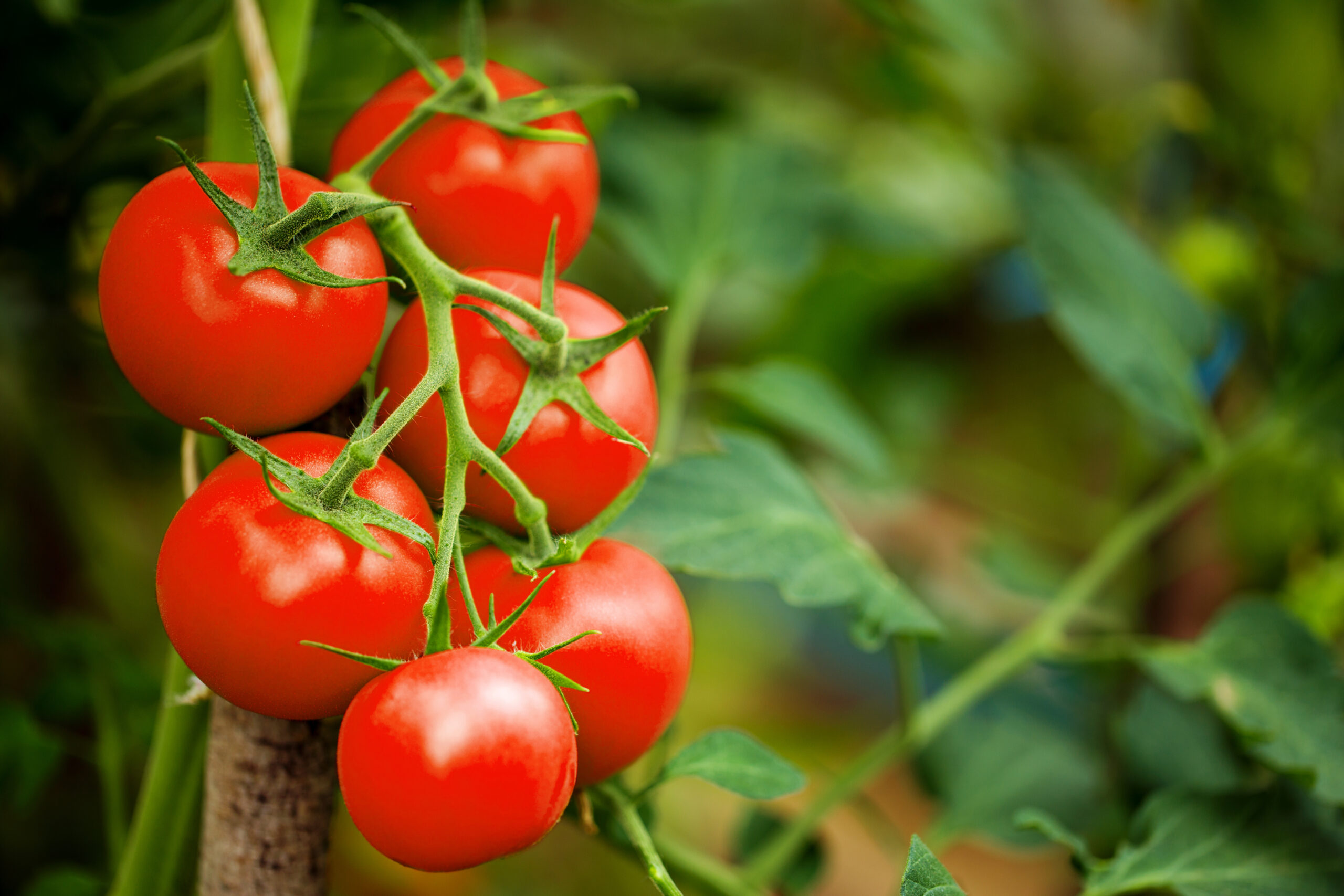
Q: Why should I use fertiliser on my fruits and vegetables? To help you get the most from your garden. Fertilisers supply your plants with
| Cookie | Duration | Description |
|---|---|---|
| _savt | 3 years | This cookie is set by Square for payment processing. |
| cookielawinfo-checkbox-advertisement | 1 year | Set by the GDPR Cookie Consent plugin, this cookie is used to record the user consent for the cookies in the "Advertisement" category . |
| cookielawinfo-checkbox-analytics | 11 months | This cookie is set by GDPR Cookie Consent plugin. The cookie is used to store the user consent for the cookies in the category "Analytics". |
| cookielawinfo-checkbox-functional | 11 months | The cookie is set by GDPR cookie consent to record the user consent for the cookies in the category "Functional". |
| cookielawinfo-checkbox-necessary | 11 months | This cookie is set by GDPR Cookie Consent plugin. The cookies is used to store the user consent for the cookies in the category "Necessary". |
| cookielawinfo-checkbox-others | 11 months | This cookie is set by GDPR Cookie Consent plugin. The cookie is used to store the user consent for the cookies in the category "Other. |
| cookielawinfo-checkbox-performance | 11 months | This cookie is set by GDPR Cookie Consent plugin. The cookie is used to store the user consent for the cookies in the category "Performance". |
| CookieLawInfoConsent | 1 year | Records the default button state of the corresponding category & the status of CCPA. It works only in coordination with the primary cookie. |
| elementor | never | This cookie is used by the website's WordPress theme. It allows the website owner to implement or change the website's content in real-time. |
| viewed_cookie_policy | 11 months | The cookie is set by the GDPR Cookie Consent plugin and is used to store whether or not user has consented to the use of cookies. It does not store any personal data. |
| Cookie | Duration | Description |
|---|---|---|
| _GRECAPTCHA | Session | Spam prevention |
| _hjSession_* | 30 Minutes | A cookie that holds the current session data. This ensures that subsequent requests within the session window will be attributed to the same Hotjar session. |
| Woocommerce_cart_hash | 1 Day | To store items in cart |
| Woocommerce_items_in_cart | Session | Store items in cart. |
| Wordpress_logged_in_ | Session | WordPress |
| Wordpress_sec_* | 15 Days | To provide protection against hackers, store account details. |
| Wp_woocommerce_session_* | Session | Store performed actions. |
| Cookie | Duration | Description |
|---|---|---|
| _hjAbsoluteSessionInProgress | 30 Minutes | Hotjar sets this cookie to detect the first pageview session of a user. This is a True/False flag set by the cookie. |
| _hjAbsoluteSessionInProgress | 30 Minutes | Hotjar sets this cookie to detect the first pageview session of a user. This is a True/False flag set by the cookie. |
| _hjSessionUser_* | 1 Year | Hotjar cookie that is set when a user first lands on a page with the Hotjar script. It is used to persist the Hotjar User ID, unique to that site on the browser. This ensures that behavior in subsequent visits to the same site will be attributed to the same user ID |
| CONSENT | 2 years | YouTube sets this cookie via embedded youtube-videos and registers anonymous statistical data. |
| Cookie | Duration | Description |
|---|---|---|
| VISITOR_INFO1_LIVE | 5 months 27 days | A cookie set by YouTube to measure bandwidth that determines whether the user gets the new or old player interface. |
| YSC | session | YSC cookie is set by Youtube and is used to track the views of embedded videos on Youtube pages. |
| yt-remote-connected-devices | never | YouTube sets this cookie to store the video preferences of the user using embedded YouTube video. |
| yt-remote-device-id | never | YouTube sets this cookie to store the video preferences of the user using embedded YouTube video. |
| Cookie | Duration | Description |
|---|---|---|
| cookielawinfo-checkbox-tracking | 1 year | No description |
Parcel deliveries
We aim to deliver all parcels within 2-4 working days from dispatch, order before 12:00pm for same day dispatch.
Pallet deliveries
We aim to deliver all pallets within 2-5 working days from dispatch, order before 12:00pm for same day dispatch.
If you require further information regarding your delivery, please email daniel@plantgrow.co.uk
